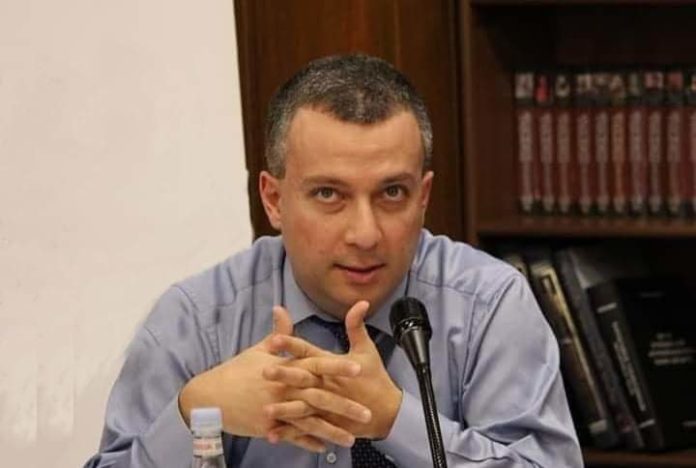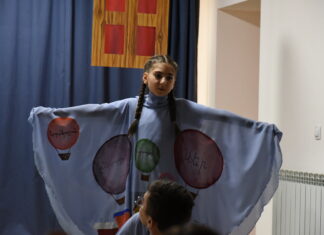By Benyamin Poghosyan
Special to the Mirror-Spectator
On February 24, 2022, Russia launched a special military operation in Ukraine. Russia published draft texts of two agreements with the US and NATO in December 2021, putting forward three primary demands – to stop NATO’s further enlargement, bring back NATO military infrastructure to the positions of 1997, and refrain from deploying modern attack systems near the Russian borders. It was clear to everyone that neither the US nor NATO could accept these demands, which from the Western perspective, equaled capitulation. Then, Russia might use the rejection of its offers as a pretext to make a move on Ukraine. There were several options available for Russia. The Kremlin might recognize the independence of Donetsk and Lugansk People’s Republics within their current borders, covering only 30 percent of the territories of Donetsk and Lugansk oblasts. Moscow could recognize them with their constitutional borders covering the entire area of two oblasts and then start a military operation to “liberate occupied territories of republics.” Another option was to launch a full-scale attack to take Kyiv and other major cities and topple President Zelenski’s government.
The Russian president chose the third option, and Russian troops entered Ukraine from different directions – Crimea, Belarus, and mainland Russia. Russian armed forces have already taken several Ukrainian cities and wholly or partly encircled others, including the capital of Kyiv. Russian actions created an acute crisis in West – Russia relations. The US, European Union, United Kingdom, Canada, and some Asian allies of the US, such as Japan and Australia, imposed severe sanctions on Russia, including cutting some Russian banks from the global financial messaging system SWIFT. The Western powers significantly increased the supply of lethal weapons to Ukraine, including anti-tank missiles and portable anti-aircraft missiles. Alongside hostilities, diplomatic efforts are underway to organize high-level Russia – Ukraine negotiations. Several countries, including France, Hungary, and Turkey, made efforts to facilitate the dialogue.
The war in Ukraine unfolds within the tectonic transformations in the world order. The post-Cold War order was based on absolute US hegemony, dubbed by Charles Krauthammer as the “Unipolar Moment” in his famous Foreign Affairs magazine article. This era was marked by US efforts to extend the area of liberal democracies to cover former members of the Socialist camp in Europe. The enlargement of NATO and EU were the primary tools of this strategy. The 9/11 attacks shifted the US focus to the war on terror in the Greater Middle East, but democracy promotion and the NATO and EU enlargement remained a priority for the Bush and Obama administrations. However, the world financial crisis of 2008 marked the beginning of the end of the “Unipolar Moment.” It showed the limits of US geostrategic might, while other players, most notably China, Russia, and India, started their rise. The US sought to answer to the rise of China by launching the strategy of “Pivot to Asia” in 2011, while the Trump administration acknowledged the transformation of the world order towards multipolarity by embracing the notion of “great power competition” in its strategic documents. The term is also crucial for the Biden administration, which overtly designated Russia and China as the main rivals of the US in its “Interim National Security Strategic Guidance,” published in March 2021.
Meanwhile, under the leadership of President Vladimir Putin, Russia firmly believes that Russia should be one of the main pillars of the emerging multipolar world with the US and China. From the Russian perspective, the West used the moment of Russian weakness in the 1990s to shape the European security architecture in such a way to violate vital Russian interests. Since President Putin’s famous Munich Security Conference speech in 2007, Russia launched consistent efforts to upend the post-Cold War security architecture of Europe, demanding the recognition of its legitimate special interests in its neighborhood. The Russia – Georgia war in 2008 and Ukraine crisis in 2014 were the manifestations of Russian growing assertiveness and resentment over the post-Cold War European security architecture.








